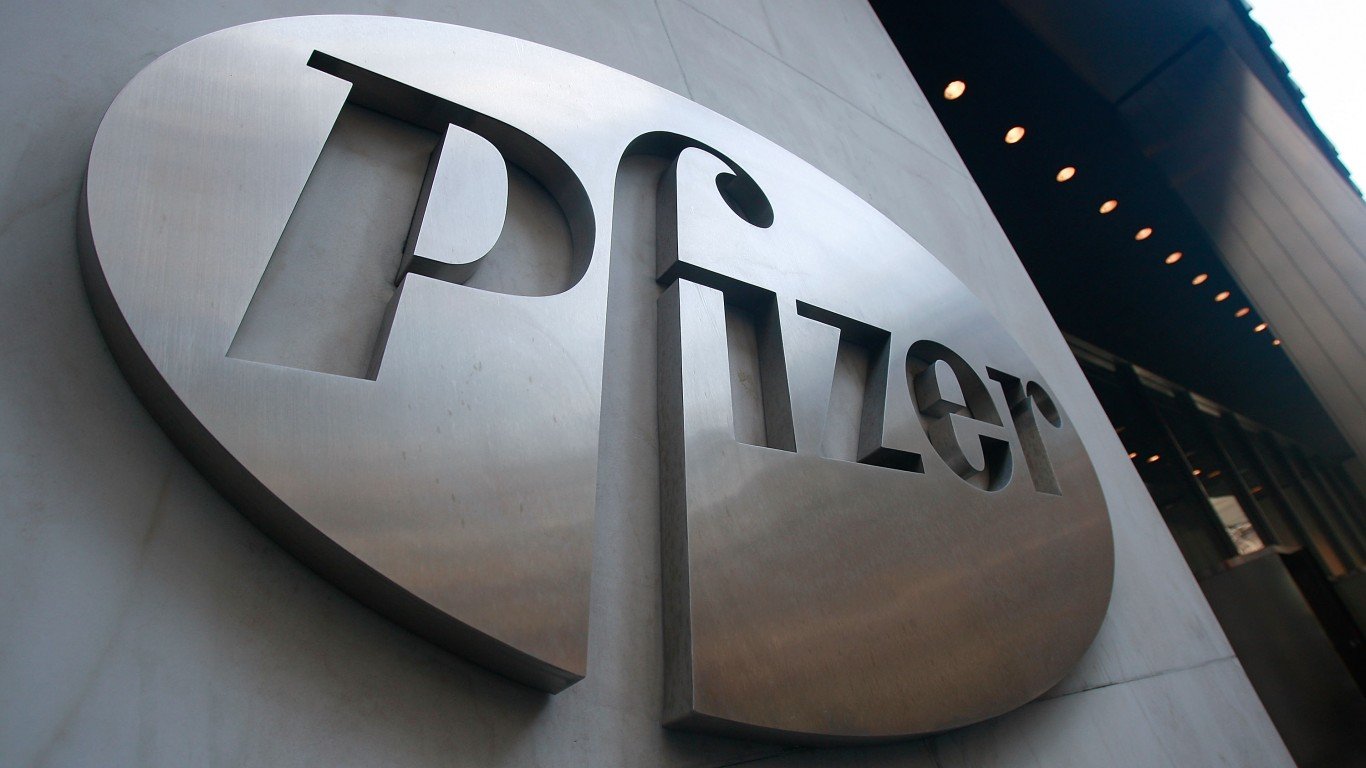

It takes a certain kind of courage to short sell blue chips, such as the Dow Jones industrial average components. Short sellers are betting on these companies to fail, or at least for their share prices to fall handily. Plus, those sellers are responsible for paying the dividends on the stocks they short.
Maybe it is little surprise that only three of the 30 Dow stocks had sizable short interest between January 31 and February 14; that is, more than 45 million shares short. Nine of them, almost a third of the index’s components, had short interest of more than 25 million shares.
While the bull market is quite long in the tooth — now well more than a decade old — and political and coronavirus concerns continued to grow, the markets still hadn’t strayed far from all-time highs. Investors may wonder then what the short sellers expected from some of the biggest, most well-respected names on Wall Street.
As of the mid-month settlement date, the most recently reported period, short sellers favored Pfizer Inc. (NYSE: PFE), Microsoft Corp. (NASDAQ: MSFT) and Intel Corp. (NASDAQ: INTC) above all other Dow stocks.
Pfizer
> Shares short: around 58.67 million
> Change from prior period: −3.9%
> Percentage of float: 1.1
Despite this modest decline in the number of shares short, Pfizer remained the most shorted Dow stock once more. Yet short interest was nowhere near the 97 million seen in February of 2019. At the average daily trading volume on the latest settlement date, it would take investors less than three days to cover their short interest.
The maker of Lipitor, Viagra and Xanax posted disappointing quarterly results at the end of January. Its shares ended the first two weeks this month more than 2% lower, though they had been up more than 3% earlier in the period. Shares continued their retreat after the settlement date. The Dow was up more than 3% during the short interest period.
Pfizer stock closed most recently at $343.72 per share, which is down approximately 3% in the past week. The 52-week low of $33.71 was seen this week, and the 52-week high of $44.56 was reached back in July. The shares now trade over 11% lower than they did at the beginning of the year.
Microsoft
> Shares short: more than 56.19 million
> Change from prior period: −0.9%
> Percentage of float: 0.8
This marginal drop was on top of Microsoft’s sharp short interest decline in the prior period to the lowest level in four months. The days to cover figure decreased to less than two for the first time this year as the average daily volume grew to a year-to-date high during the period. Short interest had been more than 60 million since the end of October.
During the period, Microsoft and other tech giants came under the eye of the Federal Trade Commission for old acquisitions. Its share price ended those two weeks more than 8% higher, despite being up nearly 11% at one point. The Nasdaq rose more than 5% in that time. Intel shares pulled back after the settlement date.
After retreating about 9% in the past week, Microsoft stock closed trading most recently at $170.17 a share. That was in a 52-week range of $108.80 (seen almost a year ago) to $190.70 (earlier this month). The most recent share price still is about 6% higher year to date, compared to almost a 5% decline in the S&P 500.
Intel
> Shares short: more than 46.66 million
> Change from prior period: 2.3%
> Percentage of float: 1.1
Intel short interest has risen in eight of the past 10 periods, but the stock stayed in the number three spot on the list in the first half of this month. Note that the 52-week high of more than 63 million shares back occurred back in July. It would take these investors nearly three days to cover their short bets, as of the mid-month settlement date.
Intel, like many others, is positioning itself for the coming 5G explosion. Short sellers watched the shares rise over 4% during those two weeks, much of that gain coming early in the period. The S&P 500 saw a gain of about 4% during the short interest period, though, like the Dow and Nasdaq, it has tumbled recently.
Intel stock was last seen trading at $59.65 a share, down from the last month’s multiyear high of $69.29 but well above the 52-week low of $42.86 seen last May. The latest share price is around 2% lower than at the beginning of the year, while the Nasdaq is down less than 2% year to date.
Thank you for reading! Have some feedback for us?
Contact the 24/7 Wall St. editorial team.
 24/7 Wall St.
24/7 Wall St.


